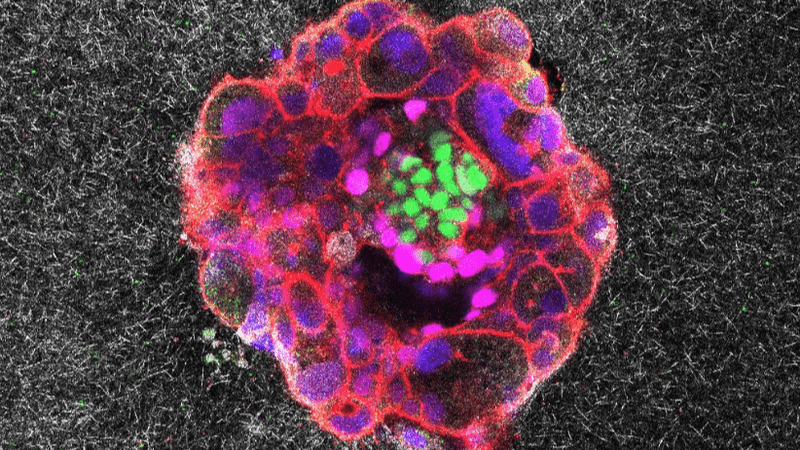There is finally some hopeful news in relation to our struggles with PFAS, or toxic “forever chemicals” as they are often called. Scientists have discovered that certain species of microbes in our guts can absorb them and allow us to pass them from our bodies.
The rest of this article is behind a paywall. Please sign in or subscribe to access the full content.PFAS, or per- and polyfluoroalkyl substances, are synthetic chemicals that have been widely used in various products since the 1950s. Long celebrated for their resistance to stains, heat, oil, grease, and water, these chemicals have been used as coatings in products as diverse as pots and pans, clothing, furniture, food packaging, adhesives, and firefighting equipment.
However, these chemicals are extremely persistent and can contaminate the environment and the bodies of animals long after the original product they were part of has been disposed of. To say they’re everywhere is a bit of an understatement now, and scientists are becoming increasingly worried about the impacts they have on our health.
Some of the PFAS that enter our bodies can be passed in urine in a few days, but others with a longer molecular structure can hang around for years at a time.
Although the research is still unclear, the existing evidence suggests these chemicals can contribute to multiple diseases and adverse health conditions, such as infertility, developmental delays in children, and a higher risk of cancer.
“We’re all being exposed to PFAS through our water and food – these chemicals are so widespread that they’re in all of us,” Dr Anna Lindell, a researcher at the University of Cambridge’s MRC Toxicology Unit explained in a statement.
“PFAS were once considered safe, but it’s now clear that they’re not. It’s taken a long time for PFAS to become noticed because at low levels they’re not acutely toxic. But they’re like a slow poison.”
For a long time, the news surrounding these chemicals was pretty dire, as you can imagine, but new research led by a team at the University of Cambridge and has offered us a sliver of hope. Scientists have now identified a family of bacterial species that can absorb some PFAS molecules. And the good news is that these bacteria are naturally in human guts already.
The study represents the first evidence that our gut microbiome may be capable of aiding in the removal of toxic PFAS from our bodies. However, this has not been tested in humans yet. The existing study focused on mice who had nine species of these bacteria introduced into their guts. When this was done, the researchers found the mice were able to rapidly accumulate the PFAS they had eaten. They were then able to safely poop them out.
“Given the scale of the problem of PFAS ‘forever chemicals’, particularly their effects on human health, it’s concerning that so little is being done about removing these from our bodies,” Dr Kiran Patil, also from the University of Cambridge’s MRC Toxicology Unit, added.
“We found that certain species of human gut bacteria have a remarkably high capacity to soak up PFAS from their environment at a range of concentrations, and store these in clumps inside their cells. Due to aggregation of PFAS in these clumps, the bacteria themselves seem protected from the toxic effects.”
Interestingly, the team found that the higher the levels of PFAS the mice were exposed to, the harder their gut microbiomes seemed to work, so they were consistently removing the same percentage of toxic chemicals each time. Within a few minutes of exposure, the bacteria being tested were able to soak up between 25 and 74 percent of the PFAS.
The team hope to create new probiotic dietary supplements to boost the numbers of these helpful bacteria in our guts. In the meantime, the researchers urge people to limit their exposure to these chemicals by avoiding PFAS-coated cooking pans and using a good water filter.
The paper was published in Nature.




